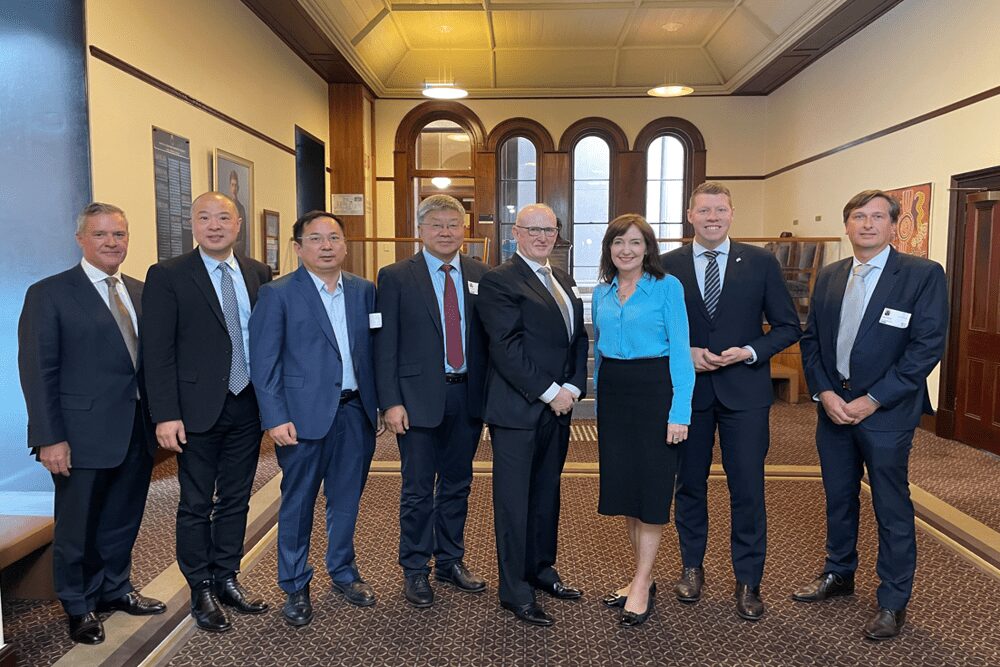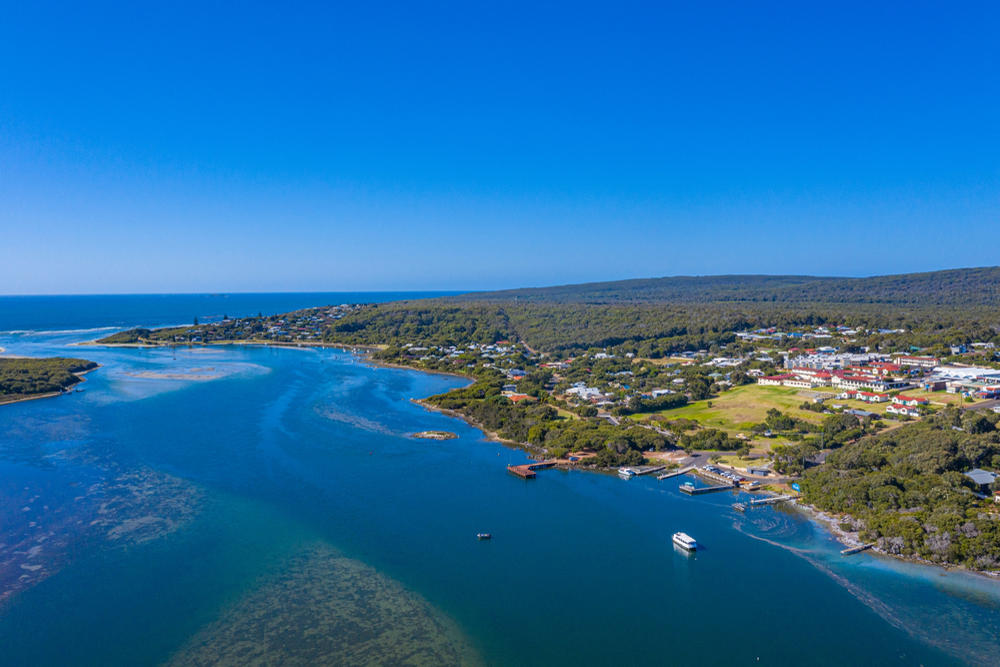
An Australian-first collaboration between climate scientists, insurers and the finance sector has produced new guidance for assessing the physical risks (such as tropical cyclones, bushfires and floods) of climate change to homes, buildings and critical infrastructure.
The Climate Measurement Standards Initiative (CMSI) has developed a set of open-source voluntary guidelines that will, for the first time, provide Australian banks, financial institutions and insurers with consistent scientific and technical guidance on how to assess the risk of climate-related damage to their buildings and critical infrastructure.
CEO of Climate KIC Australia and convenor of the CMSI, Chris Lee, said it has been a historic collaboration between Australia’s leading industry, scientific and financial experts.
“The Australian financial sector needs to assess how cyclones, floods, hailstorms, fires, droughts, heatwaves and coastal inundation will likely affect their assets,” Lee said.
“The CMSI provides guidelines specific to Australian conditions. Consumers will have confidence in the resulting disclosures because they’ll be understandable, consistent, comparable and supported by Australia’s leading climate experts.”
CEO of the Investor Group on Climate Change, Emma Herd, said the intensifying and compounding extreme weather events that are being fuelled by climate change pose a significant risk to the value of assets in investors’ portfolios and, in turn, the sustainable returns for millions of Australians through their superannuation.
“These new standards will help investors understand their exposure and adjust portfolio strategies accordingly,” she said.
A summary of the scientific guidelines
The CMSI guidelines consider future climate change risks that are ‘chronic’ and ‘acute’ for the general insurance, banking and asset owner sectors for the years 2030, 2050 and 2090. Chronic risks are gradual changes to temperatures, rainfall, sea level, time in drought and days over 35°C. Acute risks include tropical cyclones, east coast lows, extreme rainfall, hail, storm surges and bushfires.
The guidelines cover two scenarios: global warming below, and above, two degrees Celsius. The scientific guidelines highlight that under both scenarios, climate change risks will increase and that chronic physical risks are likely to exacerbate losses from acute physical risks. The increase in risk is higher for the above two degrees Celsius scenarios.
A summary of the financial guidelines
The Financial Disclosure guidelines aim to increase the ability to understand and plan for climate change by improving the comparability of climate-related financial impact disclosures by banks, insurers and asset owners.
Broadly, the guidelines recommend disclosures should be made for 2030 and 2050, with consideration for shorter time frames aligned with business planning and 2090 if relevant.
When material to the business, disclosures should be split up by portfolio (e.g. home loans, commercial loans, commercial insurance, personal insurance), by hazard (e.g. tropical cyclones, floods, bushfire etc.) and by geographic region.
Specific accounting items and metrics (listed in the CMSI guidelines) should be disclosed, in line with existing financial reporting accounting standards.
Disclosures should describe both the confidence and uncertainty in the critical assumptions made, with the scientific report providing views on the confidence in expected behaviour of physical risks under the two scenarios.
Resilience can be disclosed via several factors (listed in the CMSI) and will be more closely developed over time.
The CMSI has been designed specifically to support the G20 Financial Stability Board’s Task Force on Climate-Related Financial Disclosures (TCFD) that made recommendations on disclosing the risks and opportunities associated with climate change and enable stakeholders to better understand the financial system’s exposures to climate-related risks.
Companies and organisations involved in developing the CMSI guidelines include QBE, Suncorp, IAG, RACQ, NAB, Westpac, Commonwealth Bank, HSBC Australia, Munich Re, Swiss Re, Leadenhall Capital Partners, MinterEllison, the Investor Group on Climate Change and Climate-KIC Australia.
Preeminent scientists from the CSIRO Climate Science Centre, Bureau of Meteorology, and leading universities under the auspices of the National Environmental Science Program’s Earth Systems and Climate Change (ESCC) Hub have led the development of the science guidelines.
The Climate Science Guidelines and the Financial Disclosure guidelines can be found online here.











